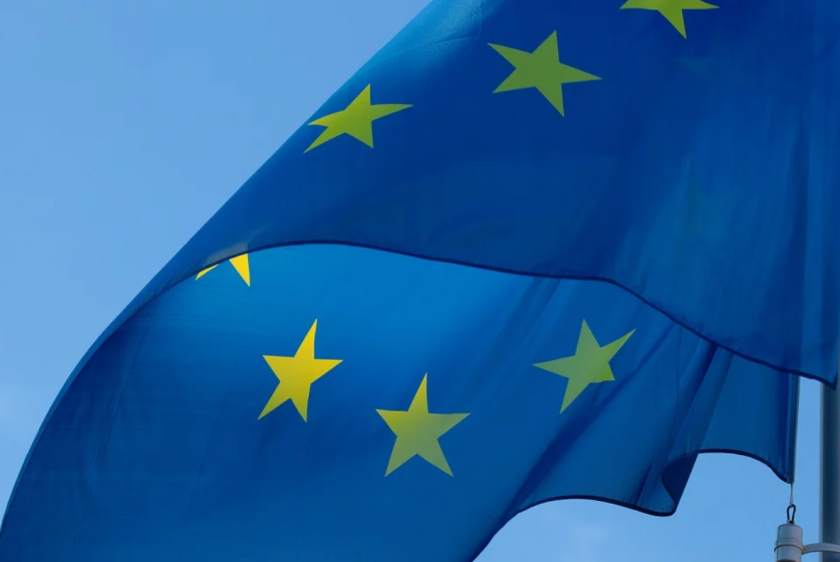The European community has had an instant rise in gambling that has never been seen on any continent. Statistics have it that online gambling has exceeded its counterparts in land-based gambling today.

This has led governments to step in with stringent regulations to protect the huge market. The Finnish gambling industry has not been any different from other markets in Europe. The growth of the industry has prompted rapid changes according to a Finnish website Netticasino247. Since 2018, almost every state in the European Union has developed laws that regulate the industry.
Here are some of the changes across different nations in Europe.
Laws for Responsible Gambling in Northern Europe
The Finnish gambling industry has one of the richest histories dating back to the 17th century. The penal code banned it in 1899 but it was later legalized in 1917 after independence. Today, research has it that the Finnish betting market is worth several billion euros. By 2018, Finland had gross gaming revenue of over 2 billion euros.
The Finnish government’s new laws are verging on the over-protective side. The country has a booming and lucrative market which attracts many international operators. Some international operators are already present in the country and have successfully waded through the murky waters of intense regulations.
The good thing with Finland is that it doesn’t tax players but operators 8.25% of all their proceeds. You can play at any time either online or on land-based casinos and cash in all the proceeds without worrying that the taxman will come for a share.
Across the border in Sweden, foreign operators have been welcome since 2019. By opening up the market to foreign operators, the country hopes to tame illegal gambling. The Swedish laws also take into account addiction issues and also seek to stop fraudulent activity.
International Operators Can Now Operate in the Netherlands

While Finland has strict regulations for foreign operators, the Netherlands is welcoming them with open arms. The monopoly for both land-based and online casinos is now broken. This means that the main online casino platforms in the Netherlands will not be operating alone. They will have to share the market with foreign operators that have already entered the country.
However, any foreign operator that wants to enter the market must prepare itself for high taxes. For instance, they will have to pay 29% taxes of all their gross revenue, 0.5% for anti-gambling programs, and an additional 1.5% to fund the regulator.
Operators Face Strict Regulations in the UK
The UK first began by lowering the maximum stakes from 100 pounds to only 2. After that, regulators went on to penalize operators found with any regulatory violation. Not to forget that betting companies with hefty sponsorship deals were also under extreme pressure.
The UK did not welcome any betting firm in the country for a long time. The reasons given by regulators were that betting had become a menace among the youth with addiction rates going high. To counter-attack the government’s move, the UK gambling commission called for the banning of credit card betting which allows betting on credit.
All the measures put forth by UK regulators are said to be aimed at reducing addiction and high spending on online betting.
Conclusion

While every betting firm in the EU tries to stay afloat, the governments are trying as much as possible to minimize the spread of betting by coming up with new laws. The most common control strategy is introducing heavy taxes on the operators. The laws and control measures are however not all about killing the industry, instead, they are meant to bring standards.


